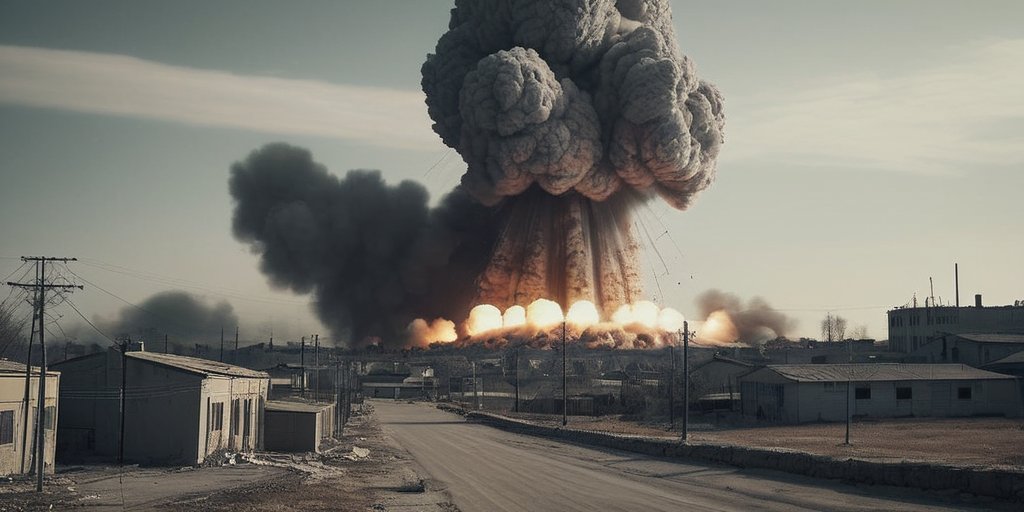In a heated press briefing at the Pentagon, Defense Secretary Pete Hegseth sought to bolster public approval for recent U.S. military strikes on Iran, specifically targeting its nuclear facilities. Hegseth’s presentation came in response to divided public opinion and critical narratives from the media regarding the effectiveness of these operations. Aiming to combat these narratives, Hegseth presented evidence, claiming significant success from the military actions.
During his briefing, Hegseth referred to intelligence assessments that indicated the destruction of key Iranian nuclear sites. He highlighted a letter from CIA Director John Ratcliffe, citing reliable intelligence suggesting that these facilities would require years to rebuild. Furthermore, he conveyed findings from the International Atomic Energy Agency (IAEA) that pointed to substantial damage inflicted on Iran’s nuclear program.
Hegseth’s answers seemed to resonate, particularly with President Donald Trump, who praised the briefing on his social media platform. “One of the greatest, most professional, and most ‘confirming’ News Conferences I have ever seen!” Trump tweeted shortly after Hegseth concluded his remarks.
The Defense Secretary also faced criticism of media coverage surrounding the strikes. He took a firm stance against what he described as unpatriotic reporting, positioning the military’s actions in a heroic light. Hegseth urged Americans to trust their judgment, emphasizing the military’s capability to execute effective operations.
“Anyone with two eyes, ears and a brain can recognize that kind of firepower… is going to have a devastating effect,” Hegseth stated, asserting the strikes’ historic significance.
As public opinion about military intervention continues to fluctuate, Hegseth’s efforts reflect a strategic push to solidify government support amidst ongoing scrutiny. The narrative surrounding these military actions, along with Trump’s endorsements, shapes a powerful message that aligns national security interests with broader public sentiment, highlighting the complexity of foreign policy discussions surrounding Iran.
